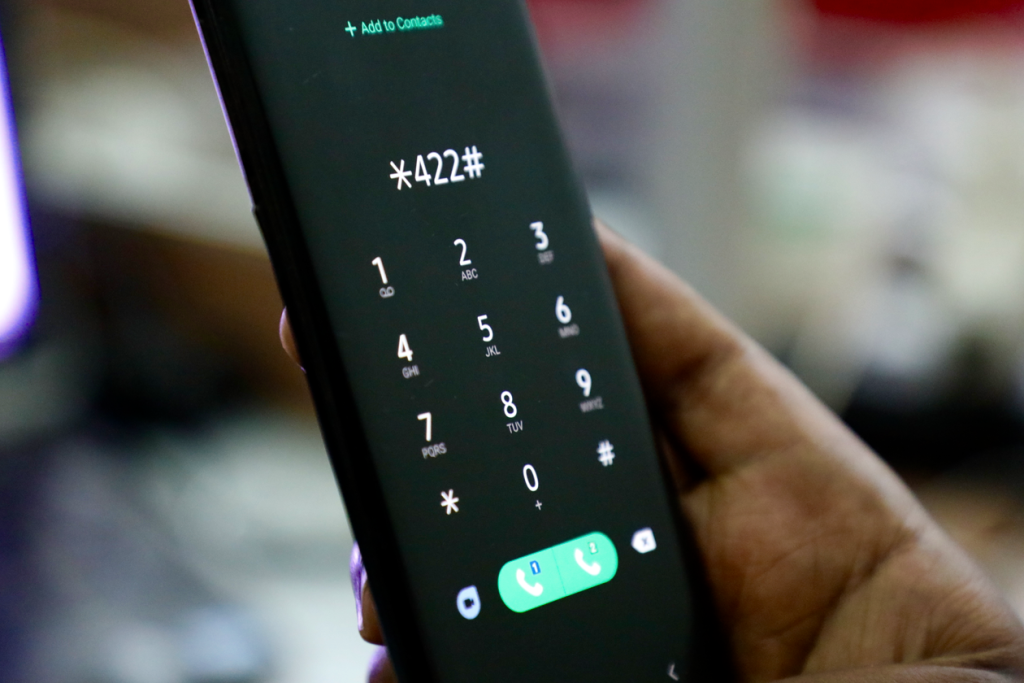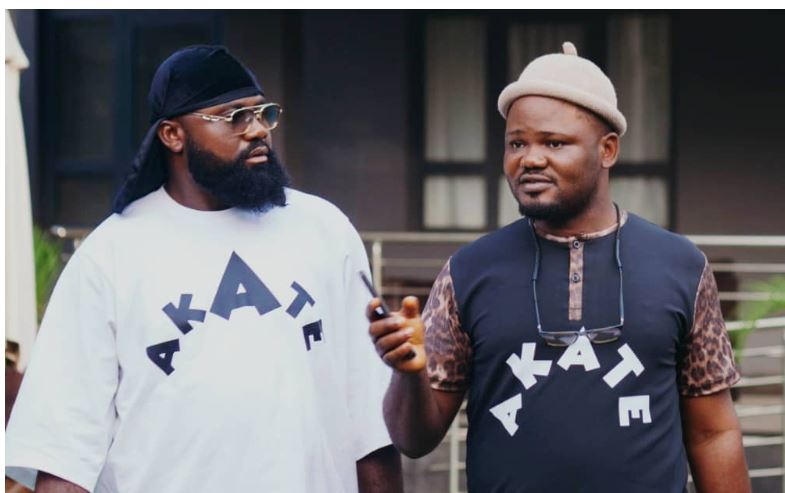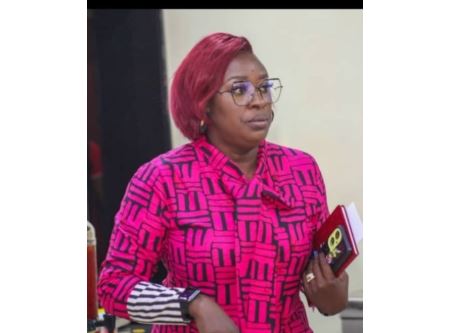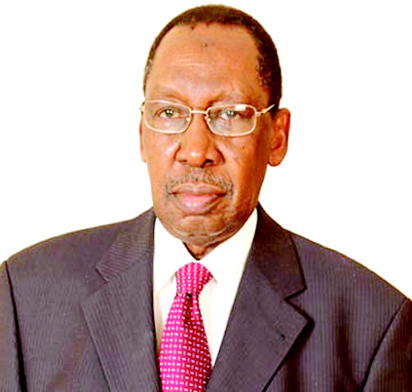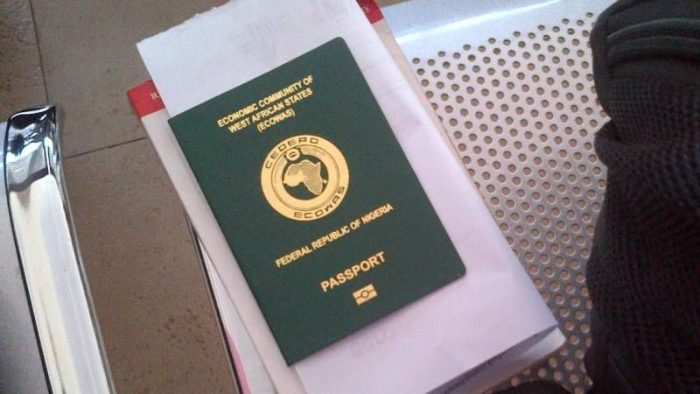
Nigerian Medical Professionals decry US Visa denials, advocate for policy reform,
… Holds rally on visa fix, immigrant physician Bill
By Chioma Obinna
The Nigerian Physicians Advocacy Group, NPAG, has expressed deep concern over the denial of US visas to more than 32 Nigerian medical graduates who sought to pursue further training and research at various institutions across the United States.
The group stated that these denials undermine America’s efforts to address healthcare shortages, particularly in rural areas, and harm the U.S.’s reputation as a hub for educational and professional excellence.
In a press statement made available to Vanguard, NPAG emphasised the crucial role these graduates play in global health.
“These graduates are future global health leaders. Training them in the U.S. builds long-term partnerships with Nigerian health institutions and civil society. The inability to welcome these international medical graduates (IMGs) weakens the safety net for America’s most vulnerable populations and adds pressure to already strained systems.”
To address this issue, NPAG announced a two-day Advocacy and Lobby Day on June 10-11, 2025, on Capitol Hill.
According to a prominent Nigerian-American physician, Dr. Susan Edionwe,who be leading the group, the initiative aims to highlight the vital role Nigerian-American physicians play in filling healthcare shortages and urge Congress to remove systemic barriers to their continued service.
“Specifically, NPAG is advocating for reforms to the J-1 visa program and the passage of the Conrad State 30 and Physician Access Reauthorization Act (H.R. 1201), also known as the “Doctors in Our Borders” bill.
“Fixing the J-1 process and passing H.R. 1201 is essential to ensuring our communities have access to the care they desperately need,” the group reiterated.
The NPAG delegation will be led by Dr. Susan Edionwe, a prominent Nigerian-American physician, alongside health advocates and community leaders.
Edionwe underscored the significant contributions of Nigerian-American physicians to the US healthcare system. “Nigerian American physicians have played an important role in filling healthcare shortages in the United States, and the advancement of our country’s healthcare system is dependent on the removal of systemic barriers to their continued service,” she said. She added, “Doctors from Nigeria and across Africa have long served in America’s most vulnerable communities—from inner cities to remote rural counties.”
Edionwe also highlighted the strong financial standing of the denied applicants, noting that 92 percent were awarded full-ride scholarships covering tuition, living expenses, and insurance. The remaining 8 percent had documented private funding exceeding Department of Homeland Security (DHS) requirements. She further clarified that all applicants had no history of visa violations, security concerns, or financial irregularities and had signed affidavits committing to return to Nigeria post-training.
“Denying these visas prevents skilled physicians from filling vacancies in critically underserved areas,” Dr. Edionwe stressed. “Given their full financial sponsorship, vetted credentials, and the urgent need for doctors in underserved communities, the Bureau of Consular Affairs should issue updated guidance to ensure future applicants are assessed with the full context of U.S. strategic health and diplomatic priorities in mind.”
NPAG respectfully urges the Bureau of Consular Affairs to consider the far-reaching consequences of the current J-1 visa denial patterns, warning that these inadvertently hinder both U.S. rural healthcare delivery and global health diplomacy. The group believes that by embracing international medical graduates, especially from partner organizations like NPAG, the United States can affirm its leadership in global health, strengthen domestic health equity, and build long-term alliances with trusted partners in Nigeria.
The Conrad State 30 and Physician Access Reauthorization Act (H.R. 1201) is a bipartisan bill that seeks to reauthorize and expand the Conrad 30 waiver program, which allows J-1 physicians to remain in the U.S. after residency by serving in Health Professional Shortage Areas (HPSAs).
The legislation aims to provide states with greater flexibility, increase waiver caps, and reduce processing delays, thereby ensuring medically underserved communities continue to receive essential care.
The Nigerian Physician Advocacy Group is a national coalition of Nigerian American doctors and advocates dedicated to advancing health equity, shaping inclusive immigration policy, and addressing physician workforce challenges in the United States.
The post Nigerian Medical Professionals decry US Visa denials, advocate for policy reform appeared first on Vanguard News.
,
The Nigerian Physicians Advocacy Group, NPAG, has expressed deep concern over the denial of US visas to more than 32 Nigerian medical graduates who sought to pursue further training and research at various institutions across the United States.
The post Nigerian Medical Professionals decry US Visa denials, advocate for policy reform appeared first on Vanguard News.
, , Nwafor, {authorlink},, , Vanguard News, June 6, 2025, 1:52 am



